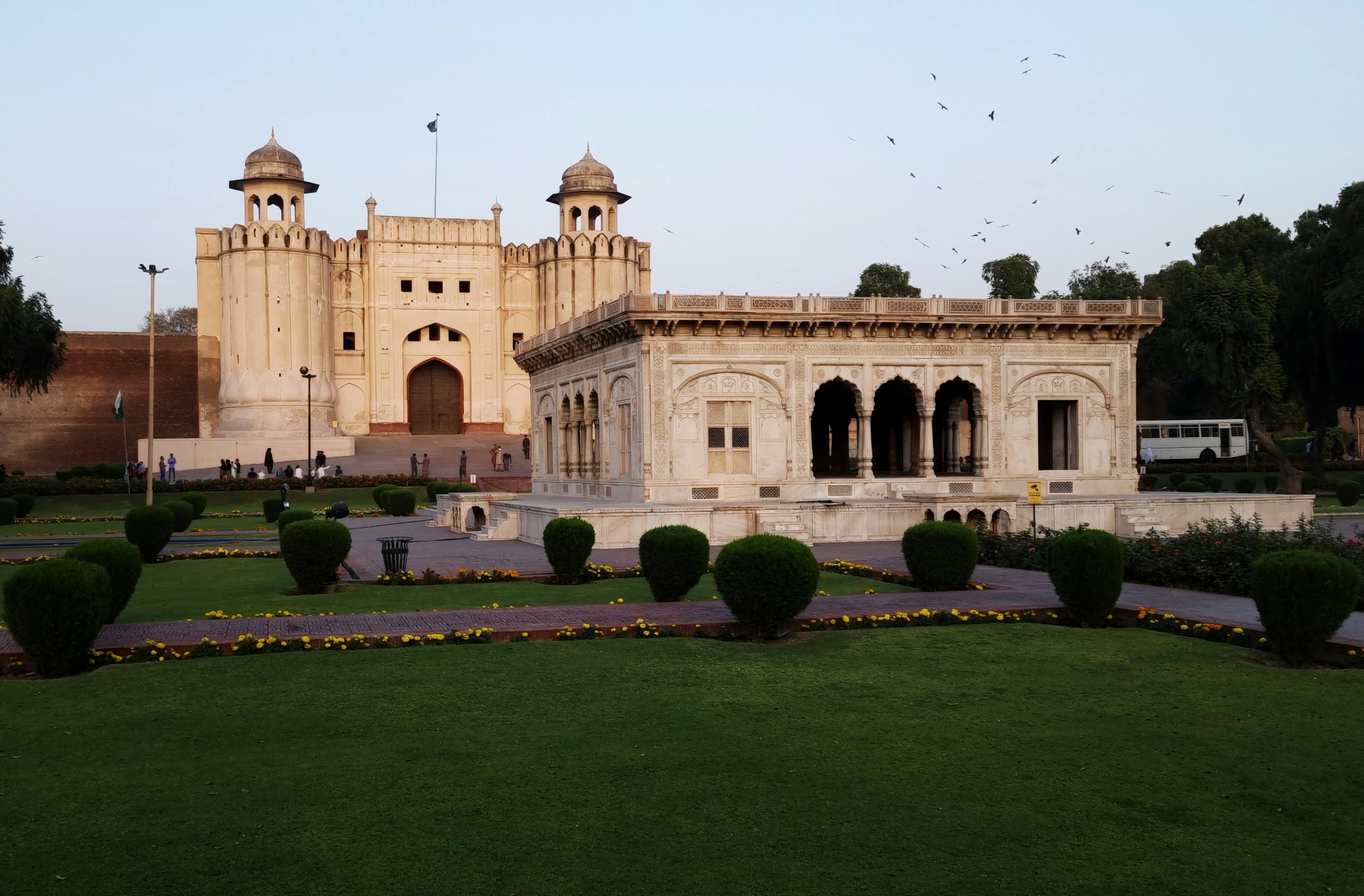Pakistan’s railways are entering a new chapter. In 2025, three landmark projects have been announced: a $400 million freight corridor backed by Dubai’s DP World, a new line connecting Thar coal to the national network, and a $2 billion upgrade led by the Asian Development Bank. Together, they mark a shift to rapid revival, placing rail at the centre of Pakistan’s trade, energy, and mining future.
DP World to Invest $400 Million in Karachi Freight Corridor
One of the strongest signals has come from Dubai’s DP World, a logistics company that operates ports and trade hubs worldwide. In late August, it confirmed a $400 million investment to build a new freight corridor from Karachi Port to Pipri. The project is being developed in partnership with Pakistan Railways and the National Logistics Corporation (NLC).
The corridor will run roughly 50 kilometres on a dedicated double track built purely for cargo. The idea is simple: alleviate pressure on Karachi’s congested port roads, reduce turnaround times for freight, and expedite the movement of goods inland. Officials said the first $20 million of foreign direct investment will be released immediately, with the rest following as construction picks up.
For Pakistan, this is more than a piece of infrastructure. It is a sign that global investors are again willing to back the country’s trade and logistics future.
Sindh and Pakistan Railways to Link Thar Coal to National Network
At the same time, domestic investment is reshaping the map. In March, the Sindh government and Pakistan Railways signed an agreement to lay a 105-kilometre track from the Thar coalfield to Chhor, connecting the vast resource to the national railway network.
The project, which carries an estimated cost of 75 billion PKR, is designed to move Thar coal directly to power plants across the country. Energy officials believe this will reduce Pakistan’s reliance on imported fuel and help bring stability to the electricity supply. A smaller nine-kilometre stretch linking Bin Qasim to Port Qasim is also planned to improve port access.
The deal is structured so that both federal and provincial governments share the costs and profits equally, showing a rare alignment on a project of national significance.
ADB to Finance $2 Billion Karachi-Rohri Railway Upgrade
The third development involves the Asian Development Bank (ADB), which is in talks to finance a $2 billion upgrade of the Karachi-Rohri line, according to Reuters. The 500-kilometre section is part of Pakistan’s main north-south corridor and has become a priority because of its link to the Reko Diq copper and gold mine in Balochistan.
Reko Diq is one of the largest untapped copper deposits in the world, and moving its output to port will require a modern rail system. The current line is too slow and overstretched to carry the additional load. The ADB upgrade would modernise tracks and bridges so trains can run faster and more reliably, securing the transport chain for exports.
The project also highlights Pakistan’s ability to balance partnerships. Originally planned under China’s Belt and Road Initiative, delays stalled progress. ADB’s intervention shows that international lenders remain confident in Pakistan’s long-term growth and infrastructure development.
Railways as the Backbone of Pakistan’s Economy
Viewed together, these projects showcase a powerful trend. DP World’s freight corridor represents renewed foreign investment. The Thar-Chhor line secures domestic energy transport. The ADB-backed Karachi-Rohri upgrade ensures Pakistan can deliver future mineral exports.
By cutting trade costs, improving connectivity, and expanding export capacity, Pakistan’s railways are being repositioned as the backbone of economic growth. This shift sends a clear message: Pakistan’s economy is moving toward greater strength, competitiveness, and resilience through modern infrastructure.
Recent News

.jpg)

